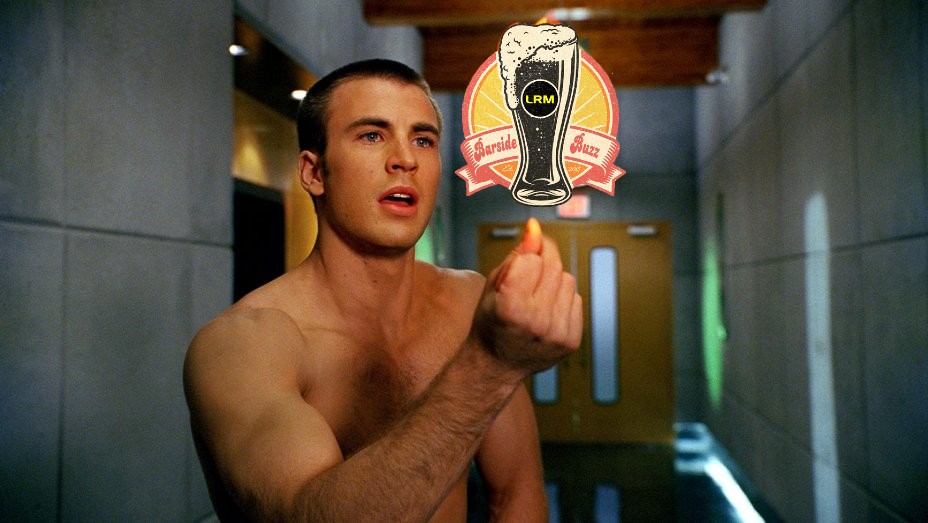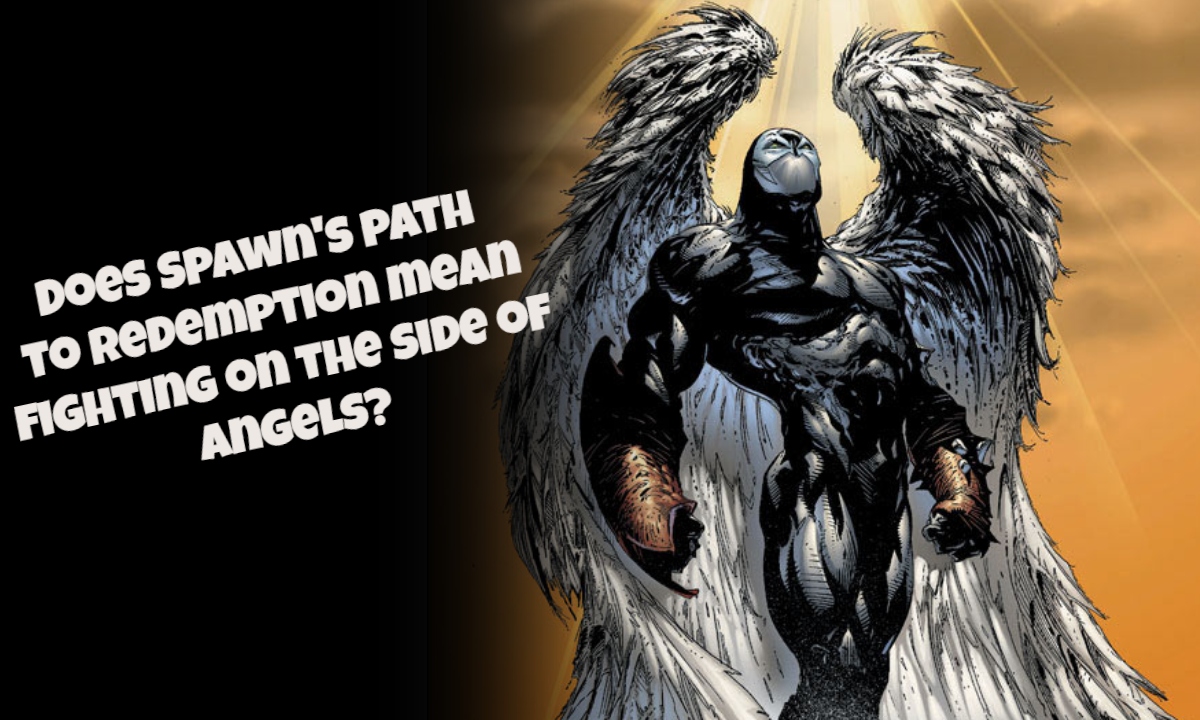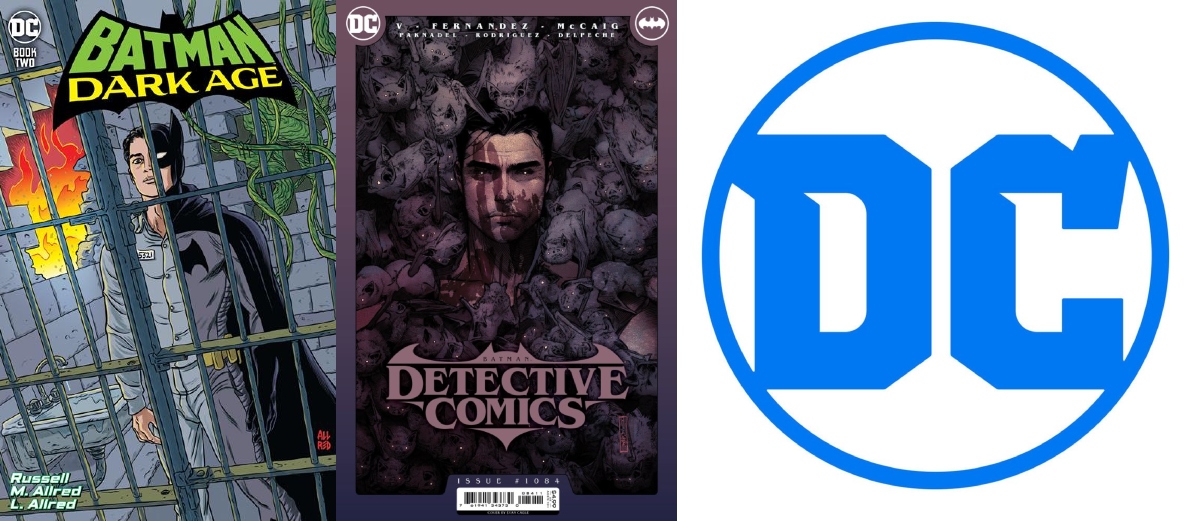![]() Actress Anne Heche stars in an all-female cast comedy indie film “That’s What She Said.â€
Actress Anne Heche stars in an all-female cast comedy indie film “That’s What She Said.â€
The film is about a friendship bond between three women with their personal relationship problems and being single women in New York City.
It is based off a play “Girl Talk” written by Kellie Overbey and directed by “True Blood†actress Carrie Preston.
Latino-Review joined in a telephone conference roundtable discussion with Heche to discuss “That’s What She Said.†The actress discussed the importance of female relationships, friendships and how she got involved with the project.
“That’s What She Said†is a limited release in theaters this weekend.
Question: What attracted you to this project?
Anne Heche: Carrie Preston really said it best, because she talked about this movie really being about friendship. And I think this movie is about friendship in your darkest day in your darkest hour. And learning how to get yourself up and out of yourself enough to trust. Other than that, I think it’s a really fun look at three self-involved, self-absorbed women who have to find strength in each other in their own sorrows.
Question: Is there anything else you brought to the character other than what was written in the script?
Anne Heche: [Laughter] Did you meanif I brought my own experiences about being hung over, spoiled, addicted? Dee Dee, I have to say, is the darkest character I’ve have played. When I was rehearsing her, which was a play and we wanted to stay true to that, there was a lot to rehearse. Every time I say the words with James [Calleri] as we go through a scene at the end and he said that “You gotta go darker.†I was like, “No!†And he said, “You gotta go darker.†My voice got lower and shoulders got slumped. And I got darker to the murkiest water of self-loathing. It was there when he finally was like, “You got her.â€
She was tough. She was really, really tough. I wanted her to be and a loss of hope. So that by the end, we would be interested in her for finding hope.
Question: Dee Dee, as a character, seems like she was struggling the most and the most isolated character in the movie.
Anne Heche: All three of these characters when we meet them gave away all their power to a man or a lack of man in their life. Their self-esteem had been wrapped up in that desire or that loss. Dee Dee had isolated herself from everyone by putting herself in this craggy murky corner of self-loathing, because she has been so hurt.
And I wouldn’t say that’s the reason I chose the character, because of her isolation. I do believe when I come across a character who needs to have light shown on them—I’m drawn to do it.
New York City is a character in this as well. These women are fragile girls in New York City. That’s a really, really difficult reality. New York is tough. It’s really tough without a partner. It’s really tough without someone to love or love you. And these chicks don’t even have pets. These are wounded women. When you live in New York, as much as this is a love story, in Carrie [Preston]’s mind to New York City that she was able to survive it. And so has Kelly Overybey, our writer. It’s that not everybody can. And I think that this is kind of heart wrenching. It’s a funny ridiculous tale of these women.
Question: How’s the chemistry on the set? Is there any good behind the scenes stories?
Anne Heche: Oh, my gosh. We came together in friendship. Everybody was drawn through a friend to this friendship movie. Kelly, the writer, and Carrie did a play with Marcia [DeBonis]. Kelly then did a play with me and Alec Baldwin called “Twentieth Century on Broadway.†Alec Baldwin called me to ask me to do Kelly’s movie. I came to meet Carrie in New York City. And then I thought the only person who could possibly play the role of [Clementine] was Alia [Shawkat]. So then I called Alia and we all arrived in this bond of friendship by the time we got to the set.
Everybody was equally is dedicated to making it sing as much as we could. Our leader was being Carrie, who gave everything, including the shirt off her back to do this film. There was a real commitment and dedication that was apparent on the set. Nobody came for the nice catering—I’ll tell you that. We came because we really believed in the project.
Question: What do you think about the film that will resonate with viewers?
Anne Heche: Hollywood spends a lot of time in watching girls in need to be something. Girls need to be that pretty young girl, that hero, better than the boy, or even the mom figure. We have all these relationships with women in film that we’re used to seeing. This [film] cuts through all that and gives you of a real portrayal. We’re talking about girls who are not pretending to be anything for anybody.
That’s a relief. That’s what makes people want to see it. It’s like finally we rolled up our sleeves and got real. People are finding a lot of joy and laughter. People are able to see their mistakes a little bit and see that they relied on someone to give their meaning.
One of the reasons Carrie didn’t show any men in this film, because she wants an intimate relationship between the girls who are watching the movie and these girls who have these relationships in their lives. So you go through the end of the day that girls find themselves in these friendships.

 FOR FANBOYS, BY FANBOYS
Have you checked out LRM Online’s official podcasts and videos on The Genreverse Podcast Network? Available on YouTube and all your favorite podcast apps, This multimedia empire includes The Daily CoG, Breaking Geek Radio: The Podcast, GeekScholars Movie News, Anime-Versal Review Podcast, and our Star Wars dedicated podcast The Cantina. Check it out by listening on all your favorite podcast apps, or watching on YouTube!
Subscribe on: Apple Podcasts | Spotify | SoundCloud | Stitcher | Google Play
FOR FANBOYS, BY FANBOYS
Have you checked out LRM Online’s official podcasts and videos on The Genreverse Podcast Network? Available on YouTube and all your favorite podcast apps, This multimedia empire includes The Daily CoG, Breaking Geek Radio: The Podcast, GeekScholars Movie News, Anime-Versal Review Podcast, and our Star Wars dedicated podcast The Cantina. Check it out by listening on all your favorite podcast apps, or watching on YouTube!
Subscribe on: Apple Podcasts | Spotify | SoundCloud | Stitcher | Google Play



